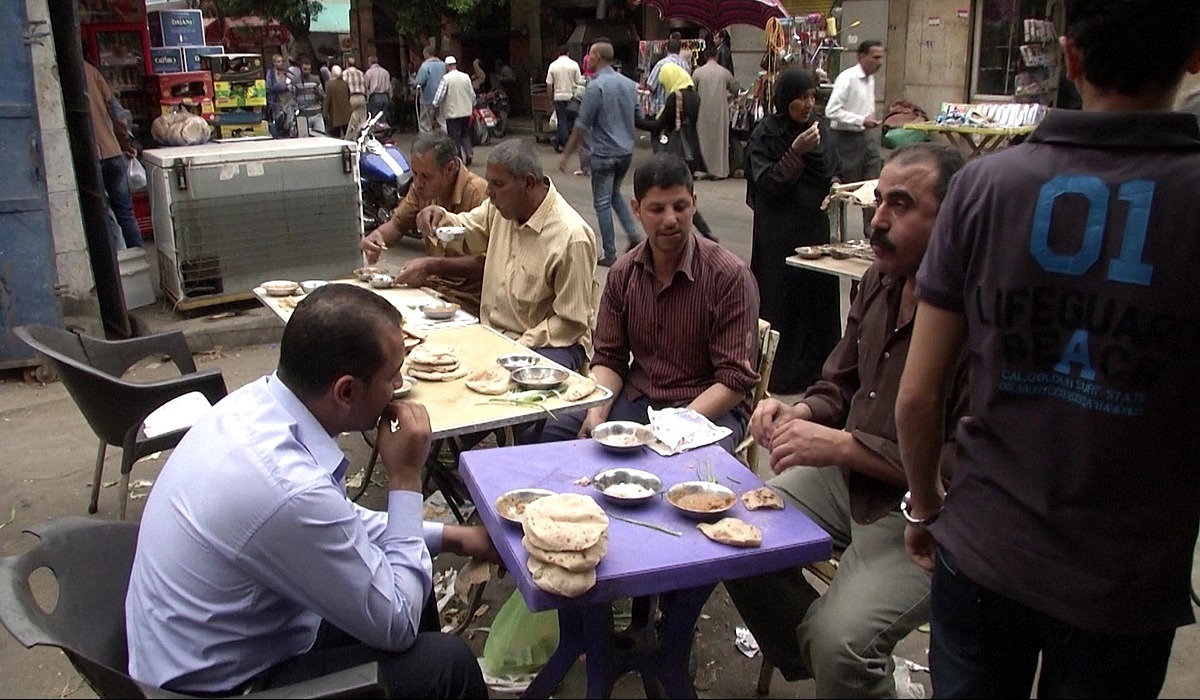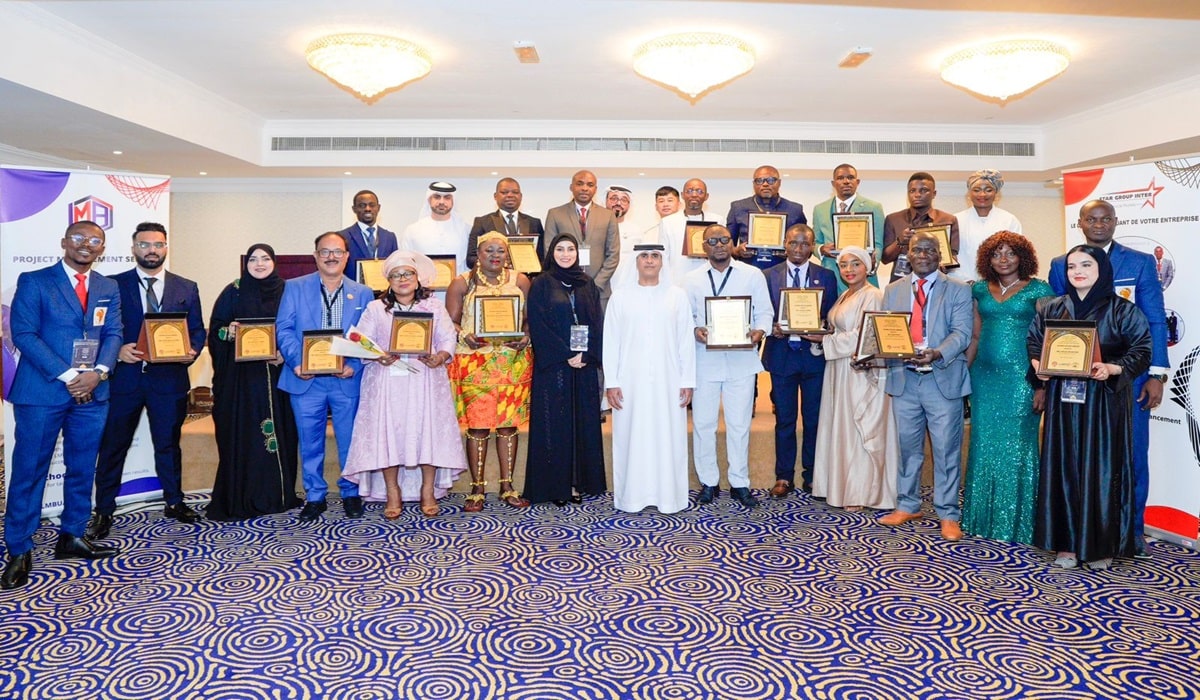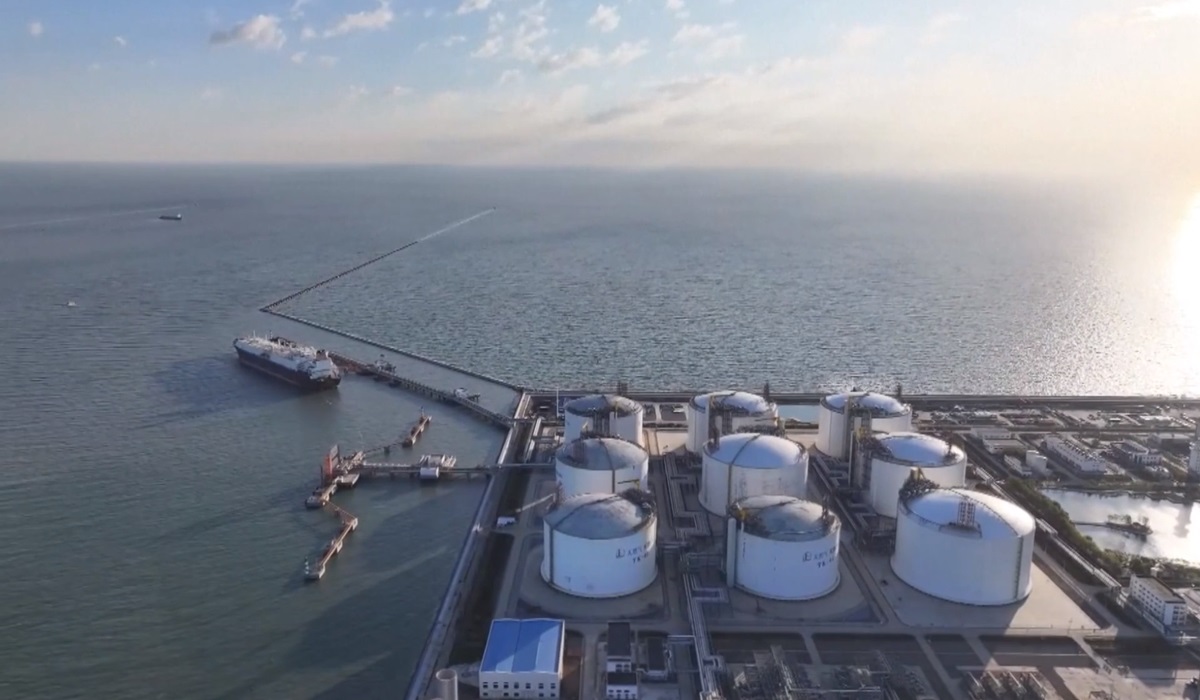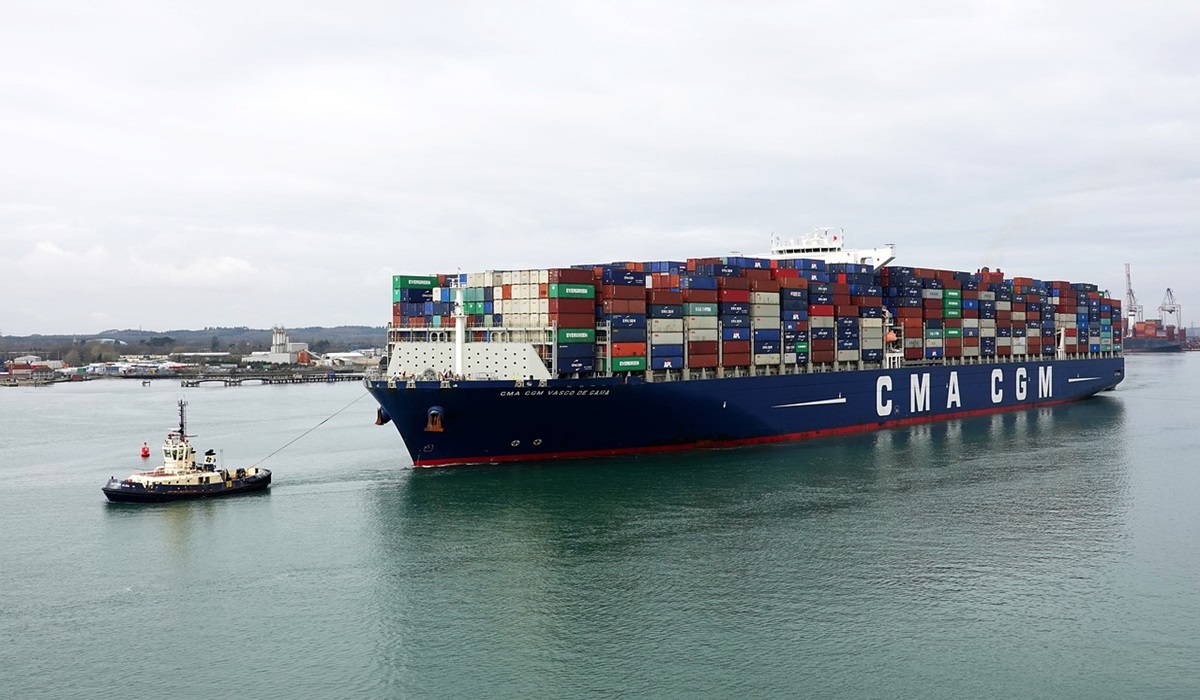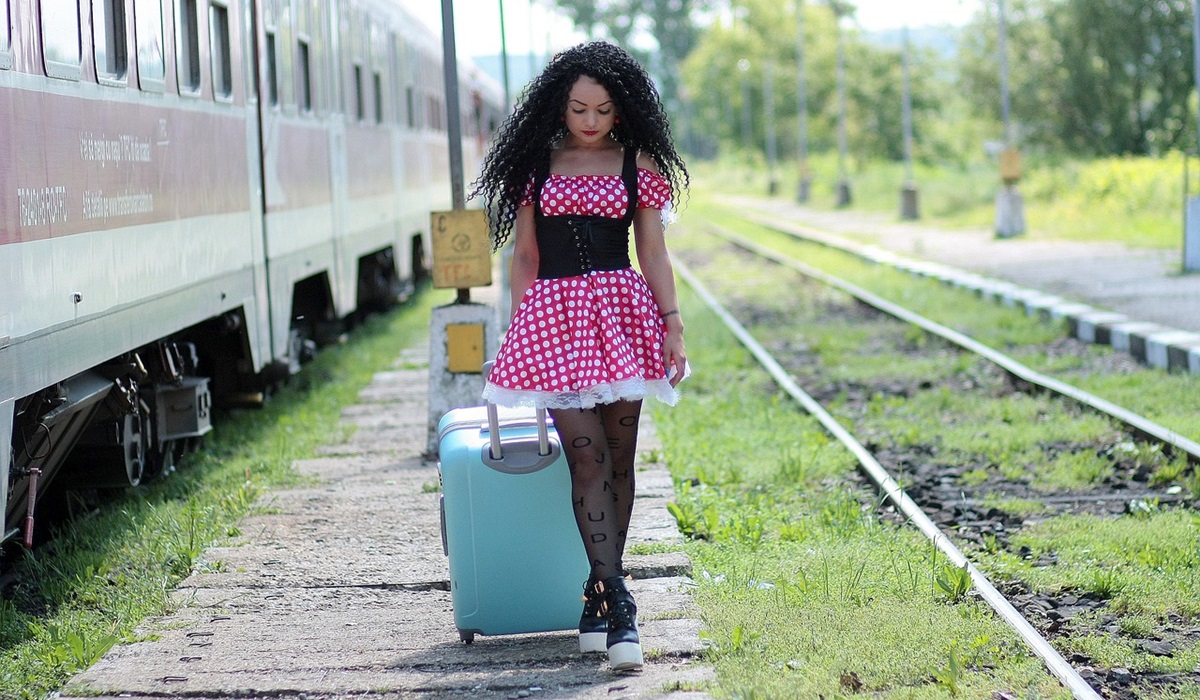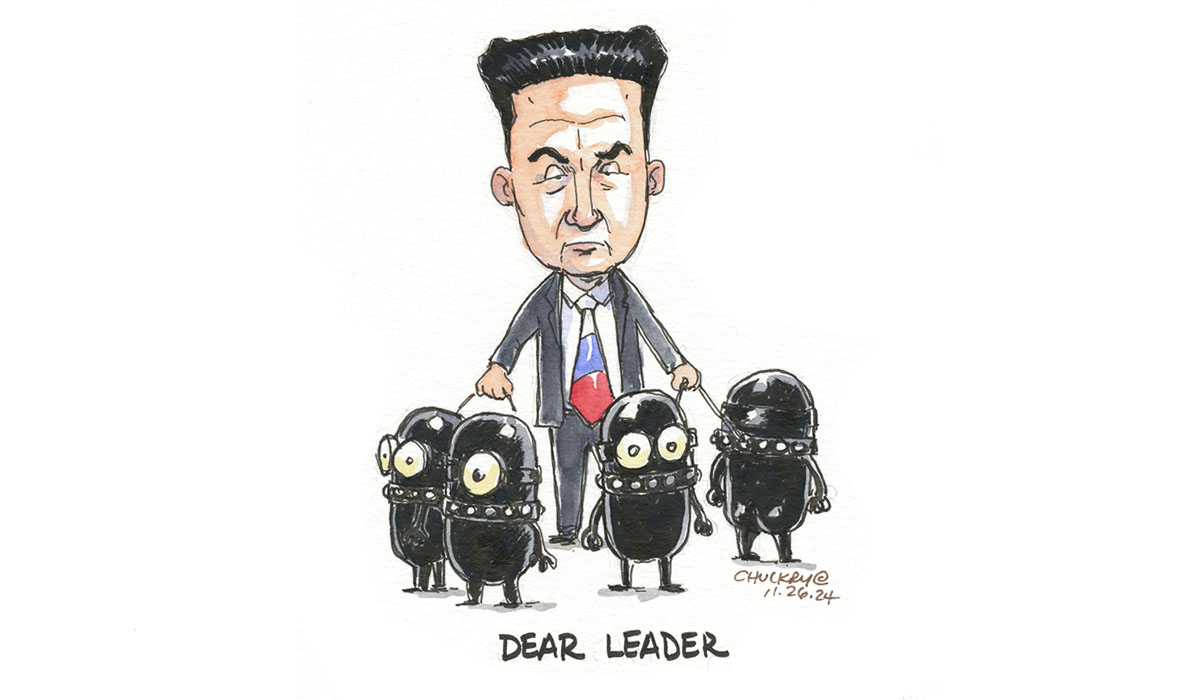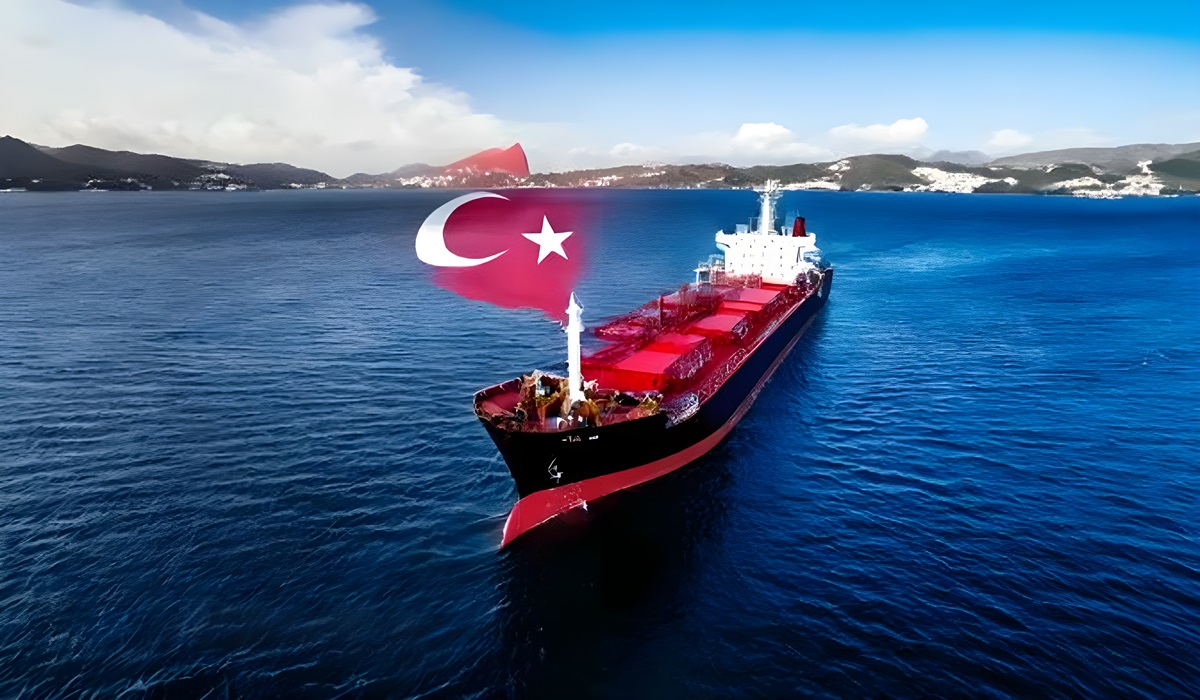Crisis Control: Trudeau Suprise Visist To At Mar-a-Lago To Dine With President Elect Trump
- Naomi Dela Cruz
- Trending
- December 2, 2024

This weekend, Canadian Prime Minister Justin Trudeau and Public Safety Minister Dominic LeBlanc made a highly publicized visit to Florida to have dinner with President – elect Donald Trump at his Mar-a-Lago estate. The meeting also included members of Trump’s incoming cabinet, marking a significant moment in the ongoing relationship between Canada and the United States. In this private gathering, Trudeau reportedly reiterated his commitment to tougher border and immigration reforms, aligning with some of Trump’s longstanding political positions. He also promised a better working relationship moving forward, an effort to ease tensions that have often been in the spotlight during the Trump era.
Astute political observers are already calling this meeting a “Kiss the Ring” moment, noting that the dynamic between the Canadian Prime Minister and the incoming president has been rocky in the past. Their strained relationship has often played out on the global stage, particularly with Trump’s frequent criticisms of Canada’s trade policies and his administration’s tariffs on Canadian goods. With Trump’s return to the political scene and his clear ambition to reassert influence over U.S. policies, many are questioning whether Trudeau’s approach to this dinner is more about diplomacy or political survival.
One of the more contentious issues that will likely emerge from this meeting is the looming threat of Trump imposing a 25% tariff on Canadian goods. Such a move would have far-reaching consequences, considering that approximately 75% of Canadian exports go to the United States. While Canada could retaliate with its own tariffs, this escalation is something both nations have experienced before, particularly during the first Trump administration when he imposed increased tariffs on Canadian aluminum and steel. Retaliatory measures were quickly put in place, though the political fallout was complex and ongoing.
But the most pressing issue that is likely to dominate discussions between the two leaders is Canada’s immigration system. In the wake of Trump’s hardline policies on immigration, many asylum seekers fleeing the U.S. in fear of deportation have sought refuge in Canada. Under Canada’s Safe Third Country Agreement, individuals can only claim asylum in one country—the U.S. or Canada—not both. This agreement has meant that many individuals who fled the U.S. were legally barred from applying for asylum at the border, clogging up Canada’s legal system as authorities were forced to address these overflow cases. The issue is a complex one, as many of these migrants, who were already granted asylum in the U.S., had to navigate a challenging system when they sought sanctuary in Canada.
With Canada’s legal system overwhelmed by these cases, the issue has become increasingly contentious, particularly with the possibility of Trump imposing stricter immigration policies. The resulting political headache for Trudeau could be disastrous, especially as he heads into a highly competitive 2025 election. The presence of Dominic LeBlanc, who has historically been close to Trudeau, at the dinner with Trump adds an extra layer of intrigue. Is it merely a coincidence that LeBlanc, a figure who could be key to navigating this complex relationship, was present, or is this an indication of his potential successor getting face time with Trump?
As the plot thickens, the dinner meeting at Mar-a-Lago might signal a new phase in Canada-U.S. relations, but one that also raises important questions about immigration, trade, and the future of the Trudeau administration. With political pressure mounting, Trudeau’s ability to manage his relationship with Trump, alongside the potential repercussions for Canada’s domestic policies, will be a defining feature of the months to come.

